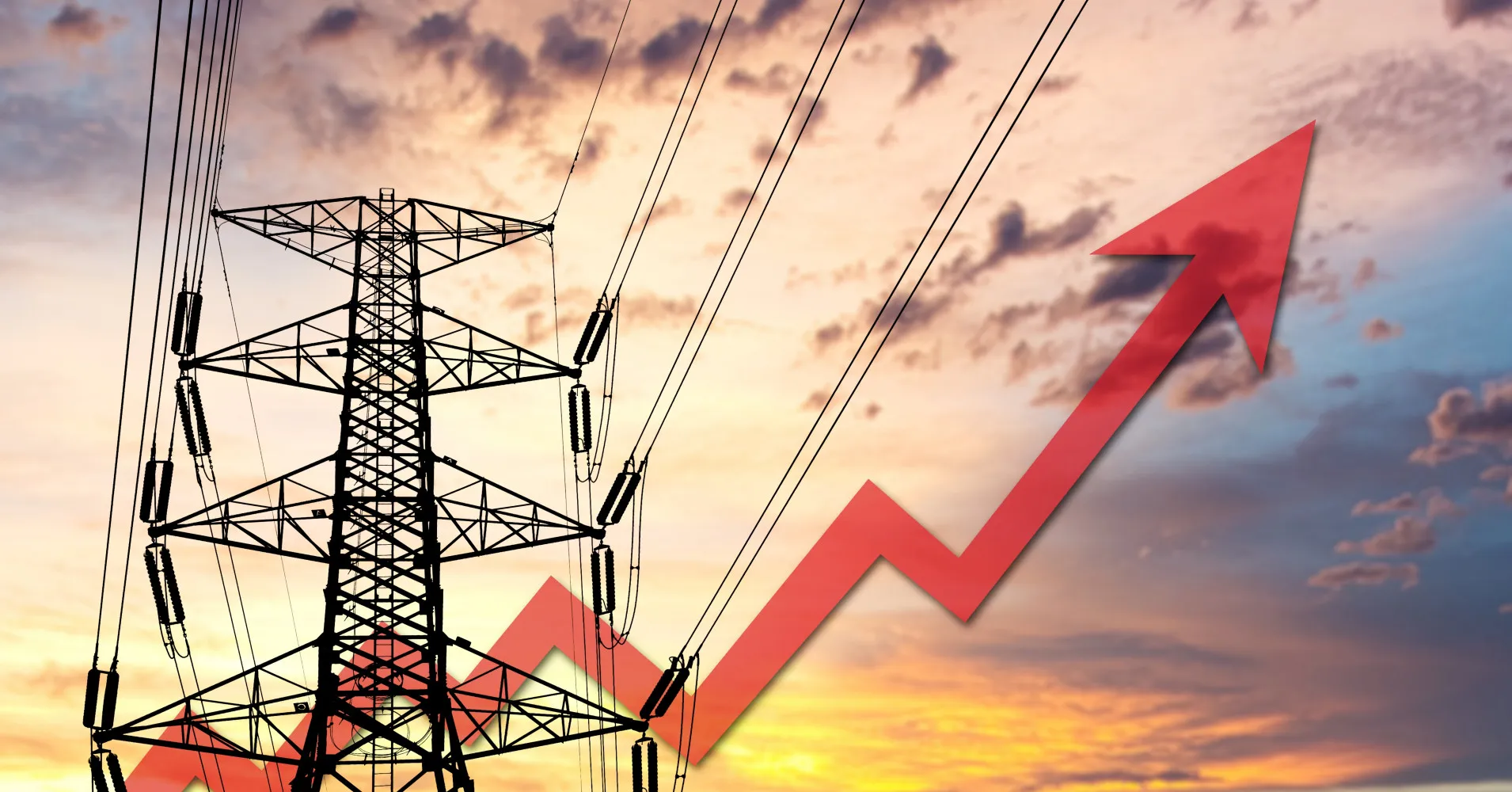POINT OF VIEW: Thursday brought further evidence that price growth has weakened substantially. It is not yet so visible in consumer prices, but the prices at the beginning of the production chain (in the case of industrial prices) already show it very clearly. And prices in agriculture even fall significantly year-on-year – most recently by about a tenth.
Specifically, industrial producer prices decreased by 0.1% month-on-month in October. Year-on-year growth in industrial producer prices in the same period slowed to 0.2% from September’s 0.8%. In addition, manufacturing inflation is weakening faster than the market expected. When we contrast this with the tens of percent growth we saw at the beginning of last year, it’s clear that the question is not whether the episode of enormously high consumer inflation is over, but rather how quickly inflation will get to something acceptable levels below – say – 4 percent.
I am deliberately not talking about inflation below 2 percent, which is the central bank’s target. Inflation can drop to somewhere around 3 or 4 percent quite quickly, but the overall situation in the European energy sector given the Green Deal guarantees that energy prices in particular will rise in the long term, even if only slowly. So, inflation may not reach the inflation levels we were used to from the pre-covid era right away.
Moreover, this statement seems to be confirmed by looking at the items that continue to push up manufacturing inflation: electricity, gas, steam and air conditioning prices increased by 7.0%, black and brown coal and lignite by 62.4%, motor vehicles by 3.9% and repair, maintenance and installation of machinery and equipment by 9.4%. In other words, they are all items that are more or less strongly related to energy.
When evaluating according to the main industrial groups, the prices of investment products increased by 4.5%, and then again (!) we have a 3.0% increase in energy prices. Crucially, without taking energy into account, industrial producer prices would be in deflation – specifically, they would fall by 0.8% year-on-year in October (by 0.2% in September). In the case of energy, new proposals from the Energy Regulatory Office are also a risk in the coming months. These cause industrial companies to worry about the development of electricity prices next year.
To summarize, monetary policy is practically ineffective at this point. That component of inflation, which can react to, for example, the movement of interest rates, has been reacting for a long time, and will continue to react spontaneously for a long time. What currently has the biggest effect on inflation are budget deficits (because more money gets into circulation through them) and the Green Deal. If these two factors remain in place, and there’s no sign that they’re going away, then inflation won’t be much of a hit either. It will drop, but not as much as we would like.
Even later, perhaps in a year, I can imagine another continuation of this scenario: inflation as such as a whole may easily reach negative values for a short time, i.e. deflation, but at the same time in some specific areas, especially energy, prices will continue to rise . We are already familiar with such a situation – for example, after 2008, the prices of securities and real estate began to rise very significantly, although the price level as a whole did not rise much, and there were even fears of deflation. But when the prices of securities and real estate rise, you can live with it – we don’t need to buy securities to live. But if the jury judges energy prices, there will be no escape for anyone.
2023-11-16 23:01:00
#Energy #expensive #Echo24.cz


